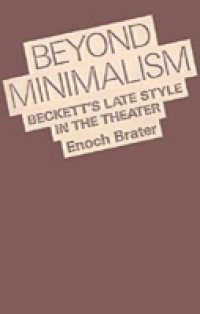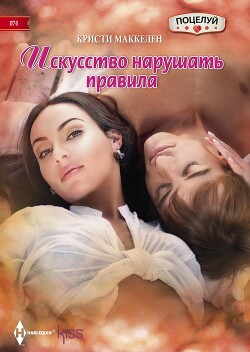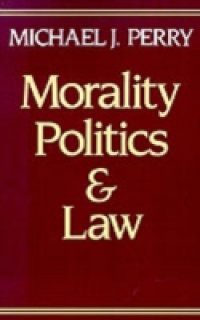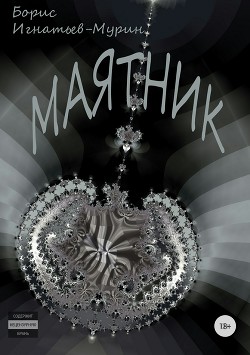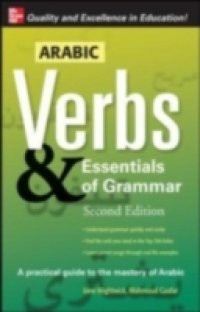Beyond Minimalism explores Beckett's drama of the '70s and '80s, examining the ways in which play text and performance merge through the playwright's poetic idiom. Beginning with Not I and continuing through Catastrophe and What Where, Brater examines the plays not only as texts but also as theater pieces. Discussing the technical and aesthetic demands that productions like Footfalls and Rockaby make on actor, director, and spectator, Brater clarifies the essential relationship between Beckett's achievement in the context of the breakdown of genre, performance poetry, and the electronic intrusion of the recorded voice as a new theatrical convention. In the course of his analysis Brater demonstrates how Beckett's late style in the theater both continues and clarifies the dramatic lyricism that is the hallmark of earlier works such as Endgame and Waiting for Godot.
